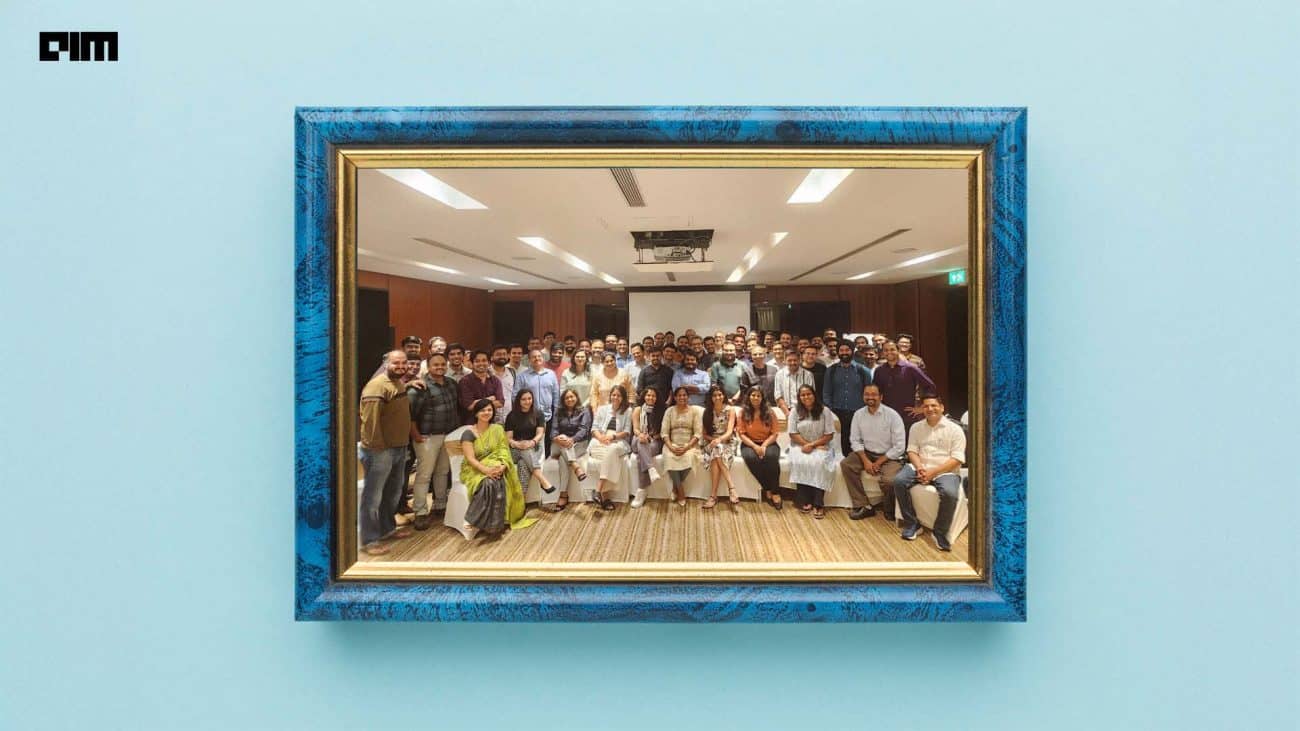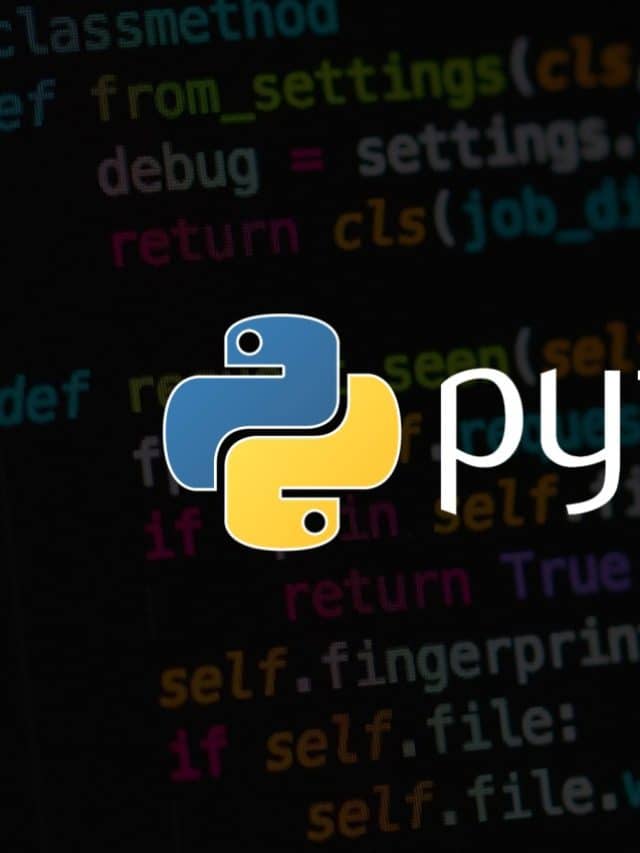|
Listen to this story
|
Technology leader IBM has announced an initiative to train a whopping two million learners in artificial intelligence by the end of 2026. The main objective of this step is to focus on underrepresented communities and help close the global AI skills gap.
The company also launched a new generative AI coursework through IBM SkillsBuild, through which learners across the world can benefit from AI education developed by IBM experts. SkillsBuild already offers free coursework in AI fundamentals, chatbots, and AI ethics. The new generative AI roadmap includes Prompt-Writing, Getting Started with Machine Learning, Improving Customer Service with AI, and Generative AI in Action.
AI-enhanced features within the IBM SkillsBuild learning experience will include chatbot improvements to help support learners throughout their journeys, and tailored learning paths based on each learner’s personal preferences and experiences. These courses are free. At course completion, participants will be able to earn IBM-branded digital credentials that are recognized by potential employers.
IBM vice president & chief impact officer Justina Nixon-Saintil said that AI skills will be essential to tomorrow’s workforce, and that’s the reason IBM is investing in AI training.
AI training for universities
According to a recent study conducted by IBM Institute of Business Value, implementing AI and automation will require 40% of its workforce to re-skill over the next three years, for mostly entry-level positions. This means that generative AI is creating a demand for new roles and skills.
IBM is collaborating with universities all over the world to build capacity by leveraging IBM’S network of experts. University faculty will have access to IBM-led training such as lectures and immersive skill experiences, besides certificates upon completion. IBM will provide courseware for faculty to use in the classroom, including self-directed AI learning paths. In addition to faculty training, IBM will also offer students flexible and adaptable resources, including free, online courses on generative AI and Red Hat open source technologies.
Worldwide, the skills gap presents a major obstacle to the successful application of AI and digitalization, across industries, and beyond technology experts. This new effort builds on IBM’s existing commitment to skill 30 million people by 2030, and is intended to address the urgent needs facing today’s workforce.
This development coincides with similar efforts by tech giants like MongoDB and Infosys, who are offering complimentary courses to empower individuals through self-learning. These companies recognize the potential for individuals not only to upskill but also to secure employment opportunities based on their performance in tasks and certifications.




















































































